Histories of Economic Life16
Jeremy Adelman, Sunil Amrith, Emma Rothschild, and Francesca Trivellato, Series Editors
This series presents the work of a new generation of scholars writing the history of economic life as shaped by ideas, concepts, expectations, and sentiments. Featured titles traverse the history of economic thought and lived experience in widely different social circumstances, trying to illuminate the experiences of individuals and groups.
-
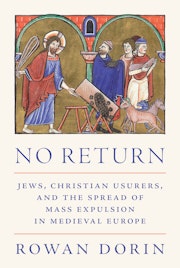
A groundbreaking new history of the shared legacy of expulsion among Jews and Christian moneylenders in late medieval Europe
Winner of the Wallace K. Ferguson Prize, Canadian Historical Association -

How technological advances and colonial fears inspired utopian geoengineering projects during the late nineteenth and early twentieth centuries
-
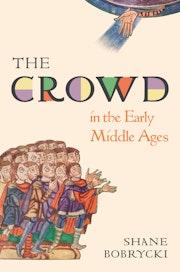
The importance of collective behavior in early medieval Europe
-
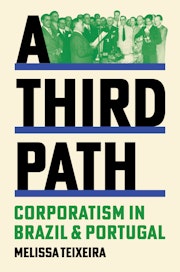
How Brazil and Portugal experimented with corporatism as a “third path” between laissez-faire capitalism and communism
-

A history that reframes the Bolsheviks’ unprecedented attempts to abolish private property after the revolutions of 1917
-
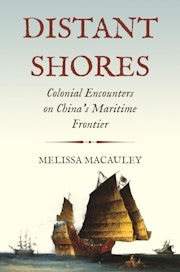
A pioneering history that transforms our understanding of the colonial era and China's place in it
-
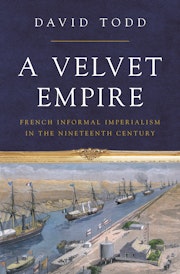
How France's elites used soft power to pursue their imperial ambitions in the nineteenth century
-
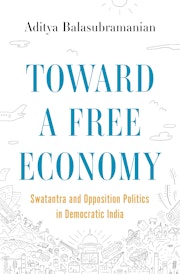
The unknown history of economic conservatism in India after independence
-
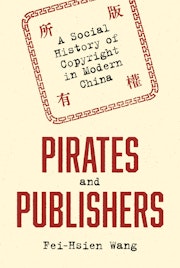
A detailed historical look at how copyright was negotiated and protected by authors, publishers, and the state in late imperial and modern China
-
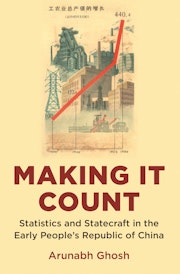
A history of how Chinese officials used statistics to define a new society in the early years of the People’s Republic of China
-
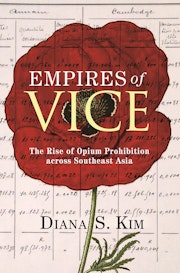
A history of opium's dramatic fall from favor in colonial Southeast Asia
-
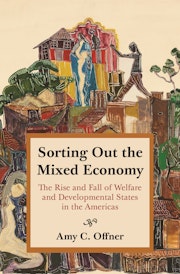
The untold story of how welfare and development programs in the United States and Latin America produced the instruments of their own destruction
-
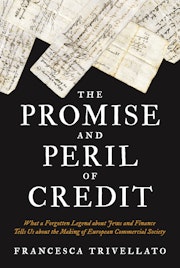
How an antisemitic legend gave voice to widespread fears surrounding the expansion of private credit in Western capitalism
-
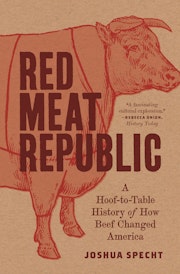
How beef conquered America and gave rise to the modern industrial food system
-
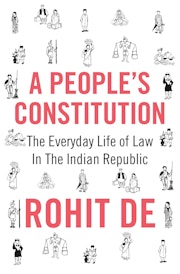
It has long been contended that the Indian Constitution of 1950, a document in English created by elite consensus, has had little influence on India’s greater population. Drawing upon the previously unexplored records of the Supreme...
-
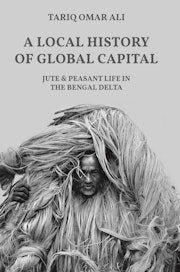
Before the advent of synthetic fibers and cargo containers, jute sacks were the preferred packaging material of global trade, transporting the world's grain, cotton, sugar, tobacco, coffee, wool, guano, and bacon. Jute was the...